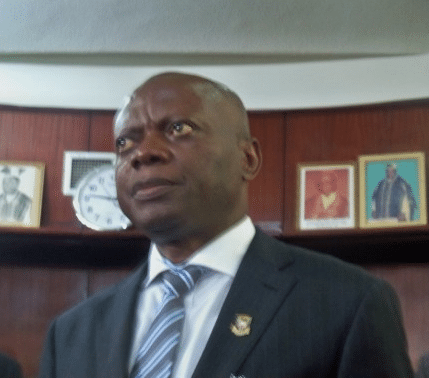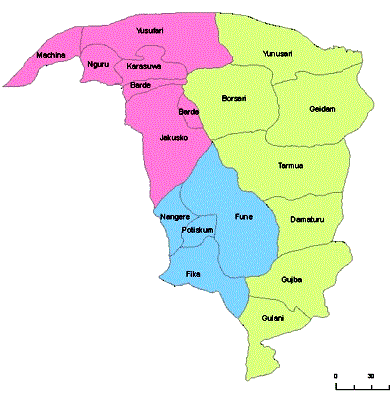VC seeks FG, plant protectionists synergy on economy, food security

Vice-Chancellor of University of Ibadan, Professor Idowu Olayinka, has called on the Federal Government and plant protectionists to collaborate with a view to diversifying Nigeria’s economy and boost food security in the country.
Represented by Prof. Ademola Ladele, Dean of the Faculty of Agriculture, Idowu made the call at the opening of the 43rd Annual Conference of the Nigerian Society for Plant Protection.
The conference has “Role of Plant Protection in a Diversified Economy for Food and Income Security’’ as its theme.
The VC said that the collaboration would further guarantee the quality of the country’s agricultural products and prevent unnecessary embarrassments whenever the products were exported to foreign countries.
“In as much as the Federal Government is making efforts to diversify the national economy from crude oil to agriculture, measures should be put in place to ensure that harvested produce meet international standards so as to avoid huge economic losses,’’ he said.
He recalled that “sometime in April, 2017, for example, it was widely reported in the dailies that scores of containers loaded with cowpea grains exported to Europe were rejected on the grounds that they were infested with cowpea beetle.
“Also, in the last quarter of the same year, the U.S. government rejected some yams that were exported from Nigeria due to their contamination by tuber or rot disease.
“There is, therefore, the need for concerted efforts to nip the menace of such plant pests in the bud,’’ he added.
The vice-chancellor charged the plant protectionists to ensure that crop quality was preserved both in the field and during storage.
“Farmers are worried and looking up to you for succour and hopefully, solutions will be found at the end of this conference,’’ he said.
In his remark, President of the society, Prof. Olufumilola Alabi, said that the theme of the conference was appropriate, particularly because Nigeria needed to diversify its economy due to the unstable prices of crude oil, its major source of income
The nation, she said needs to protect its crops from pests and diseases so as to boost the quantity and quality of its agricultural produce.
“There is steady annual increase in the population of Nigeria, as it has increased from 41 million in 1955 to 183 million in 2015.
“It is, however, estimated that by 2020, the population will be about 210 million; the country’s annual production of major crops cannot, therefore, meet the citizens’ demand for food,’’ she said.
Alabi said that the society was working with International Crop Research Institute for the Semi-Arid Tropics (ICRISAT) and had come up with a policy brief on Aflatoxins in agricultural products in the country.
She, however, solicited government support for the society by providing funds for research and enacting pesticide laws to prohibit importation or sale of fake, adulterated or expired agrochemicals.
In a keynote address, Prof. Ade Enikuomehin of Federal University of Agriculture, Abeokuta, said that the key elements of the agricultural sector of a nation were sustainability and productivity.
“In this respect, new ideals and ideas are allowed to thrive, while old ways that no longer produce results are reviewed without any reservations,’’ Enikuomehin said.







